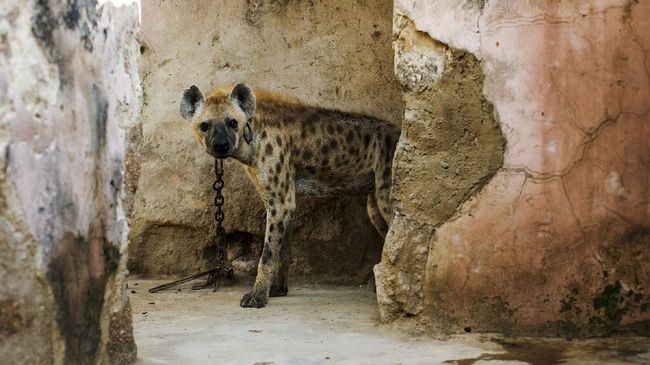Recent research using analysis of genetic variation shows that evolution could happen four times faster than Charles Darwin thought. Global warming called the trigger.
Quoted from the Australian National University website (thingumajig), Darwinian evolution is the process by which natural selection produces genetic changes in traits that support the survival and reproduction of individuals. The rate at which evolution occurs is also highly dependent on genetic differences between individuals.
The more genetic differences within a species, the faster evolution can occur. That’s because certain traits die and a stronger and more dominant trait is formed.
The research team called the acceleration of evolution the ‘fuel of evolution’ where they looked at data from 19 groups of wild animals around the world. The analysis revealed that the raw materials for this evolution were more abundant as part of the impacts of climate change.
“This method gives us a way to measure the potential current speed of evolution in response to natural selection across all traits in a population,” said evolutionary ecologist Timothée Bonnet of the Australian National University. Science Alert.
“This is something we haven’t been able to do with previous methods, so being able to see so much potential for change is a surprise for the team.”
Among the wildlife studied were the fairy sparrow (Malurus cyaneus) in Australia, the spotted hyena (Crocuta crocuta) in Tanzania, the sparrow (Melospiza melodia) in Canada, and the red deer (Cervus elaphus) in Scotland. This was the first time that evolutionary speed had been assessed on such a large scale.
The average duration of each field study is 30 years, with detailed records ranging from birth, death, marriage and offspring. From this research, it is known that the shortest time is 11 years and the longest is 63 years.
The results also provided the researchers with a total of 2.6 million hours of field data to combine with genetic information on each animal.
After three years, the research team was finally able to calculate how much of the species’ change was due to genetics and natural selection. Previous research has shown that in some species, evolution can occur in just a few years.
“A common example of rapid evolution is the Biston betularia or spiced moth, which before the industrial revolution in England was predominantly white in color. Pollution left black soot on trees and buildings that allowed the moth to survive because it was difficult for birds to find it,” Bonnet said.
“The color of the moth determines the probability of survival and due to genetic differences, the population in the UK is rapidly becoming dominated by the black moth,” continued Bonnet.
The continued impact of climate change provides more information about the world’s wildlife and how quickly they can adapt. This is said to be very helpful in modeling which species survive and which do not.
The concern is that as global climate change continues to escalate, species will not be able to adapt in time.
“This research has shown us that evolution cannot be ignored as a process that allows species to survive in response to environmental changes. Evolution is a much more significant driver than we previously thought in the adaptability of populations to current environmental changes,” he said.
(ttf/arh)
–


